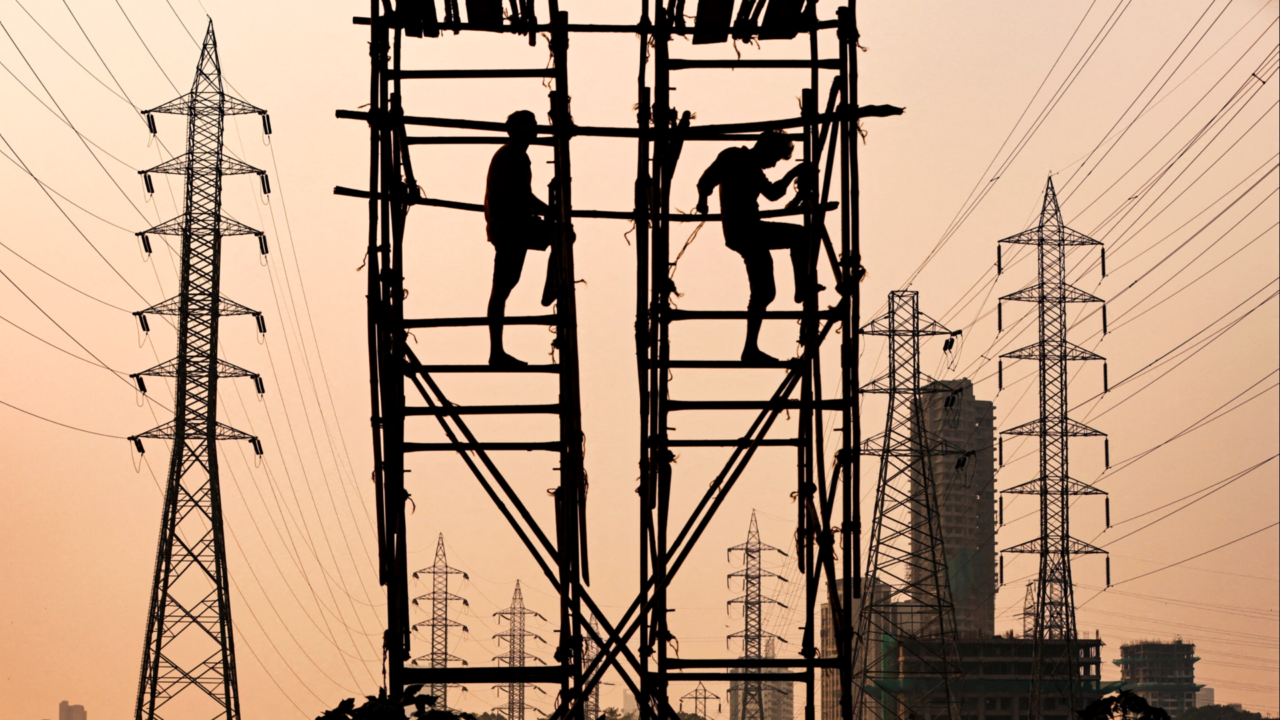A crunch G20 meeting in India has resulted in complete failure. There is still no consensus on how fossil fuels should be phased down and disputes continue over the goal to triple the capacity of renewables by 2030.
Climate experts and ecological outfits have been exasperated by the foot dragging of official bodies and their inability to take urgent action against global warming.
As has been the case too often, a supposed crunch meeting organised by the G20 just resulted in complete failure to align on anything conducive.
Responsible for more than three quarters of global emissions and gross domestic product, the group amassed in Panaji, India, to thrash out decarbonisation plans over a four-day period.
With the talks now wrapped up, however, officials have issued a chair summary instead of a joint communique. In laymen’s terms, this means that while there was no complete agreement from member nations on all issues, a consensus was reached on some. Frustrating, we know.
What did you do this Saturday? 🧵
G20 wealthy economies: failed to agree on cutting fossil fuels.
Fossil-fuelled climate breakdown: smashed heat and rainfall records.
Wildfires — Rhodes, Greece:pic.twitter.com/aOhkP4q7YY
— Greenpeace International (@Greenpeace) July 24, 2023
‘We had a complete agreement on 22 out of 29 paragraphs, and seven paragraphs constitute the chair summary,’ said Indian minister, RK Singh.
As per usual, the mobilisation of funds to nations disproportionately impacted by climate change – $100bn collectively a year from 2020-2025 – became a real sticking point during discussions, despite that figure being pledged way back at COP26.




















